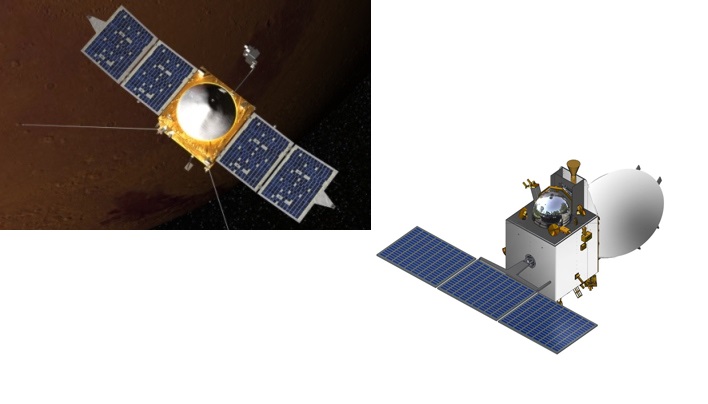
India's MoM (right) is set to enter the Martian orbit just two days after NASA's MAVEN spacecraft arrives at the Red Planet later this month.
WASHINGTON (PTI): America's premier space agency NASA and its Indian counterpart ISRO are talking about setting up a Joint Mars Working Group, a top US space official has said ahead of Prime Minister Narendra Modi's visit to the US.
"NASA is in discussions with the Indian Space Research Organisation (ISRO) regarding potential scientific collaboration with their Mars Orbiter Mission (MOM), due to enter Mars orbit about two days after MAVEN (Mars Atmosphere and Volatile Evolution (MAVEN) orbiter, which will arrive at Mars later this month," said James Green Director, Planetary Science Division, Science Mission Directorate, NASA.
Testifying before the House of Representatives Subcommittee on Space Committee on Science, Space and Technology, he said while primarily a technology-demonstration mission, MOM includes five science instruments to study the Martian atmosphere, mineralogy and surface features.
"With multiple data sets being collected, NASA and ISRO scientists will have a wealth of information to help solve mysteries regarding the Mars atmosphere," he said.
"In addition, NASA and ISRO are talking about setting up a Joint Mars Working Group, under the auspices of the State Department's US-India Civil Space Joint Working Group, that would coordinate our two agencies' plans for studying one of the Earth's nearest neighbours," Green said.
Both the missions of NASA and ISRO will arrive at the Red Planet just in time to join the fleet of Mars-based spacecraft that could witness the effects of comet Siding Spring, Green told lawmakers.
MAVEN, he said, will explore the Mars' upper atmosphere, ionosphere and interactions with the Sun and solar wind.
Scientists will use MAVEN data to determine the role that loss of volatiles from the Mars atmosphere to space has played through time, giving insight into the history of Mars' atmosphere and climate, liquid water, and planetary habitability, he added.
James F. Bell, president of The Planetary Society & Professor at Arizona State University, described NASA as the most active, most capable, and most successful of all of the world's space agencies.
When NASA doesn't prioritise planetary science, no other agencies are presently capable of filling the gap, he added.
The emergence of the Chinese and Indian space programmes and the continued successes of the European and Japanese programmes illustrate that robotic exploration of space is an international priority - a way to gain scientific knowledge, global prestige and advance technological capability, he said.
"In the coming decade, China is preparing a series of robotic lunar missions, Russia is preparing lunar, Venus and Mars missions, India has plans to go to the Moon and Mars, Japan is planning a second asteroid sample-return mission, and the Europeans are headed to Mercury, Mars, the asteroids and Jupiter," Bell said.
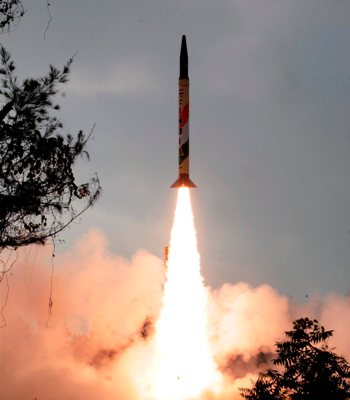 Previous Article
Previous Article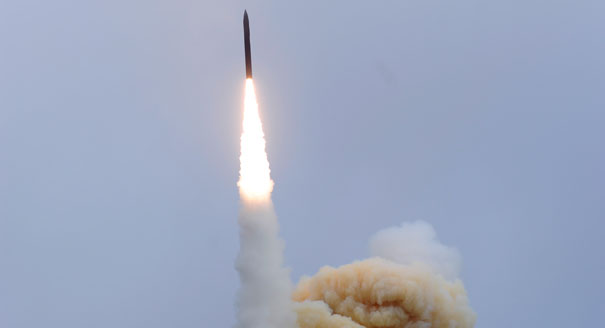 Next Article
Next Article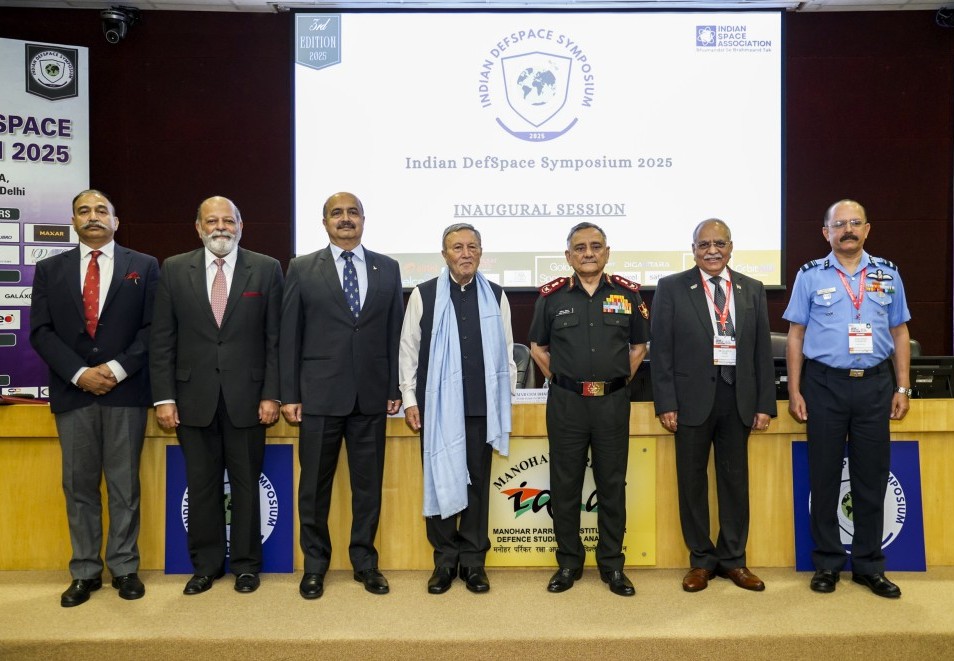
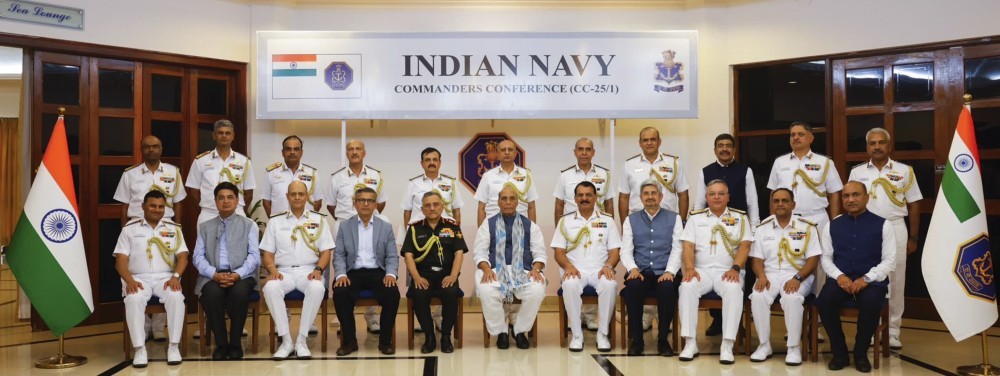
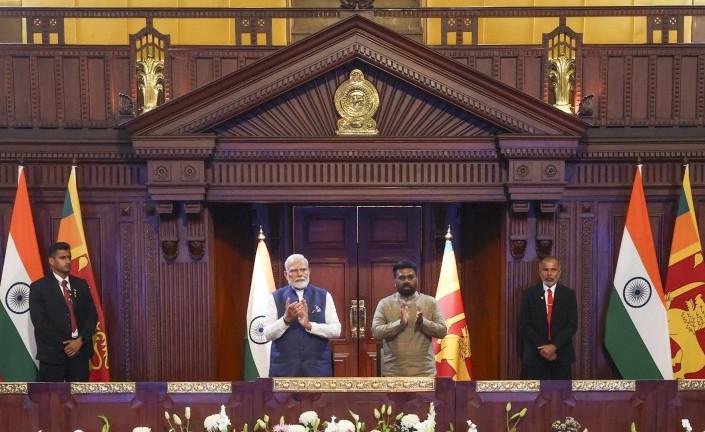
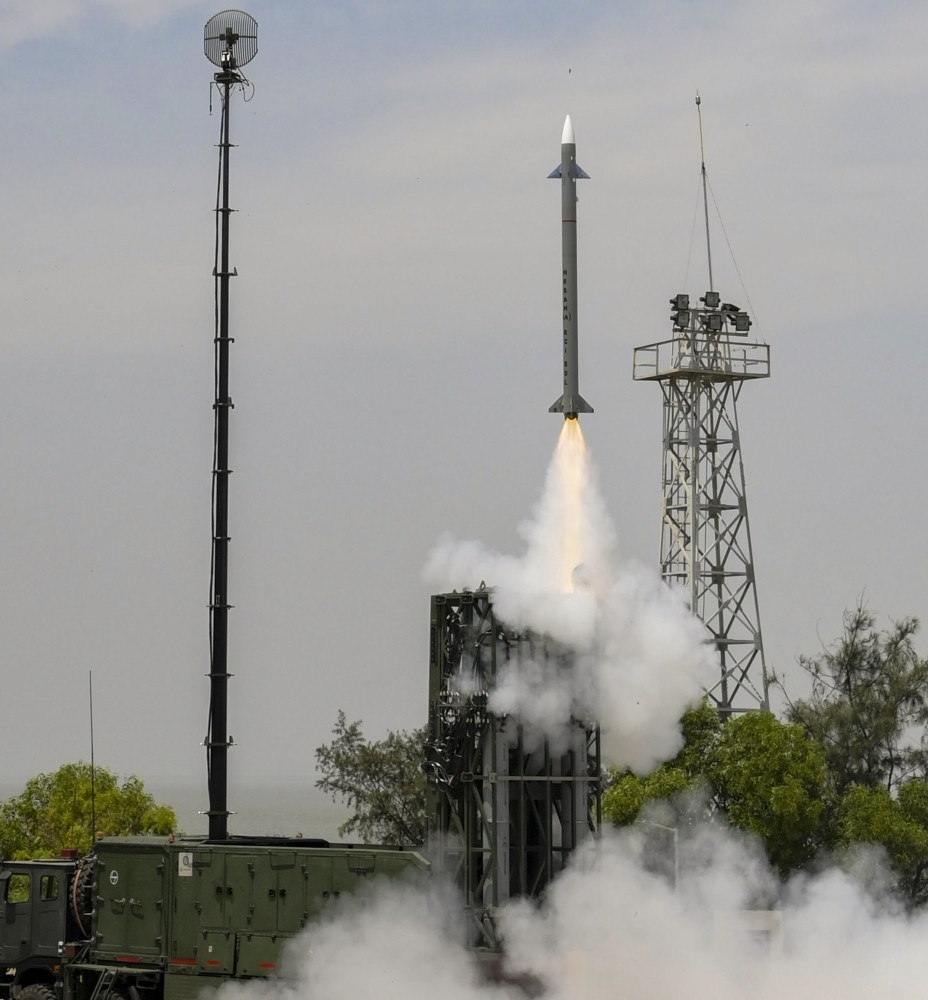










The Indian Air Force, in its flight trials evaluation report submitted before the Defence Ministry l..
view articleAn insight into the Medium Multi-Role Combat Aircraft competition...
view articleSky enthusiasts can now spot the International Space Station (ISS) commanded by Indian-American astr..
view article